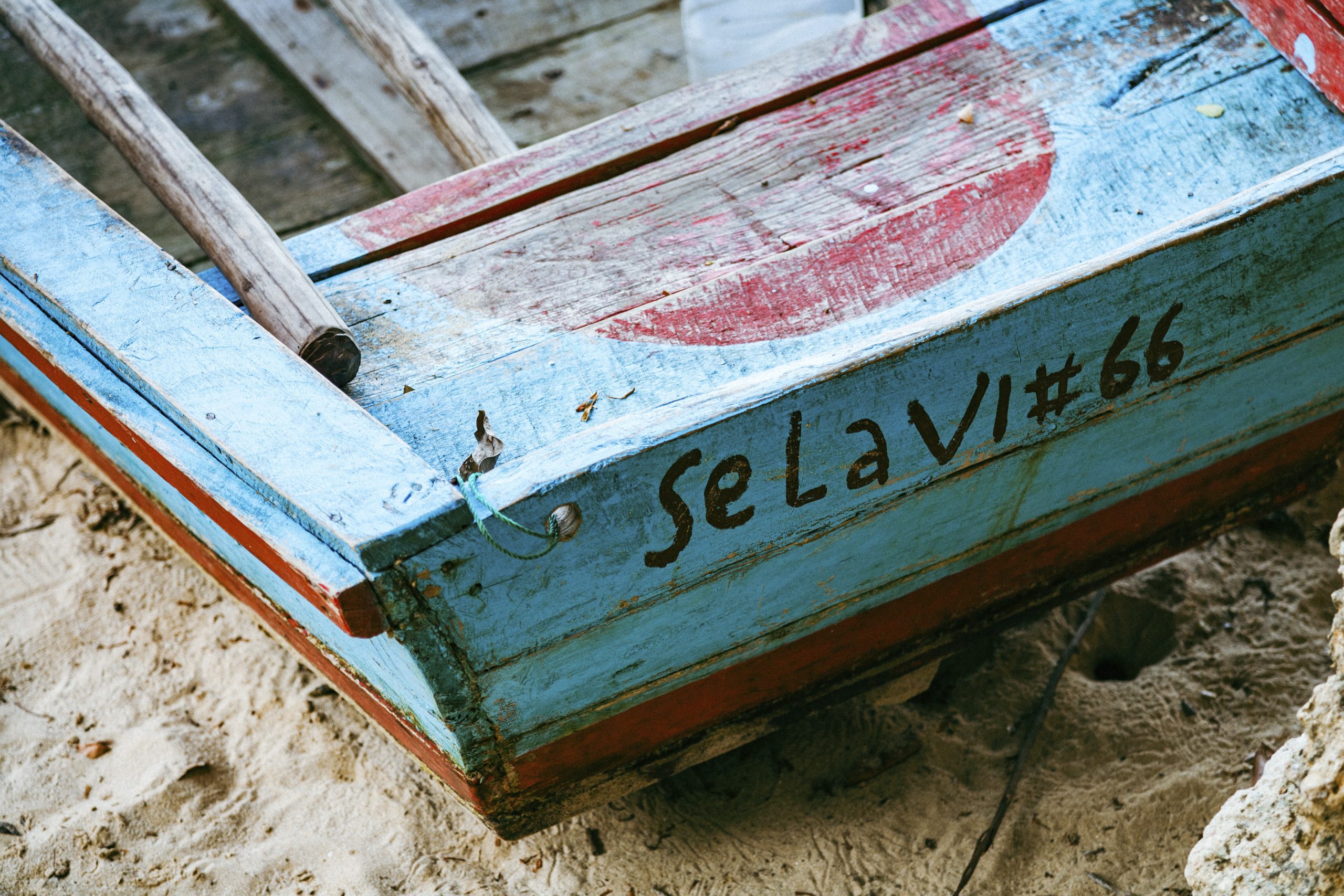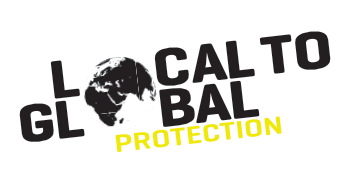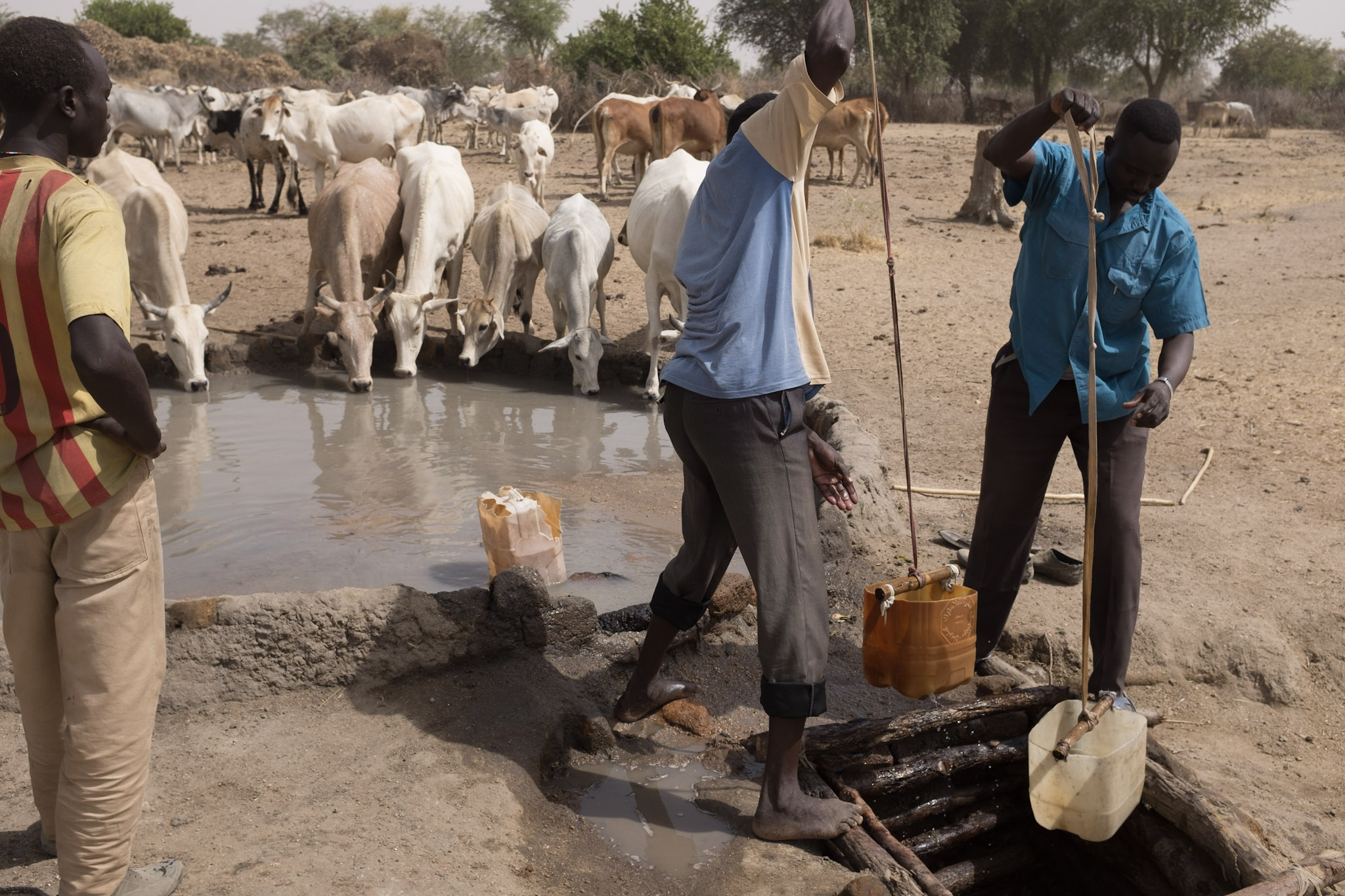
Se La Vi: Mutual Aid & Community Led Responses
Interest in mutual aid, the spontaneous and voluntary assistance people give to each other in crisis, is on the increase. From the street-level WhatsApp groups that emerged during the Covid-19 lockdowns, to the efforts by Sudanese, Ukrainian, Myanmar, or Palestinian civilians caught up in war, conflict, attacks, and widespread displacement it is obvious that volunteers and self-help groups are of crucial importance.

